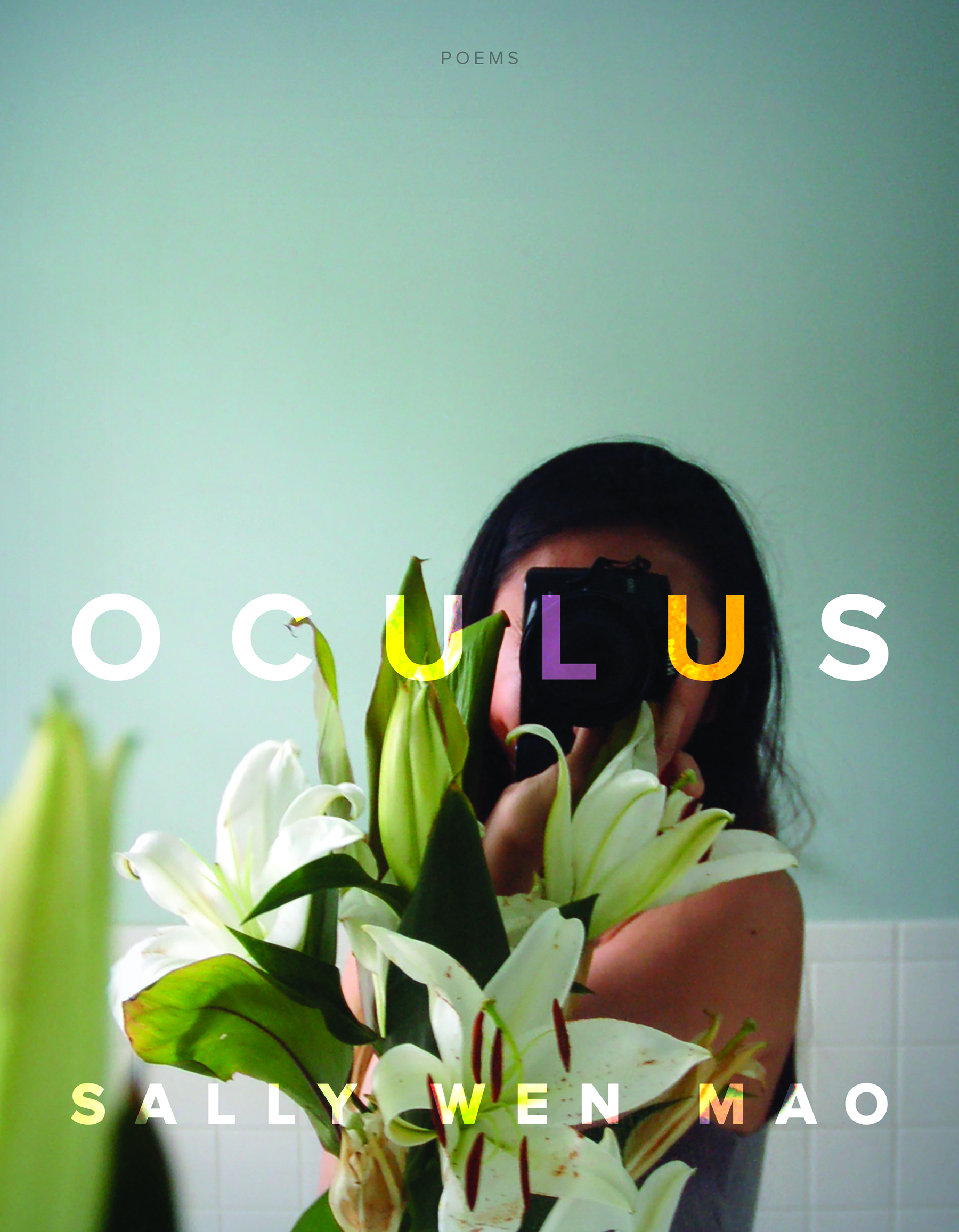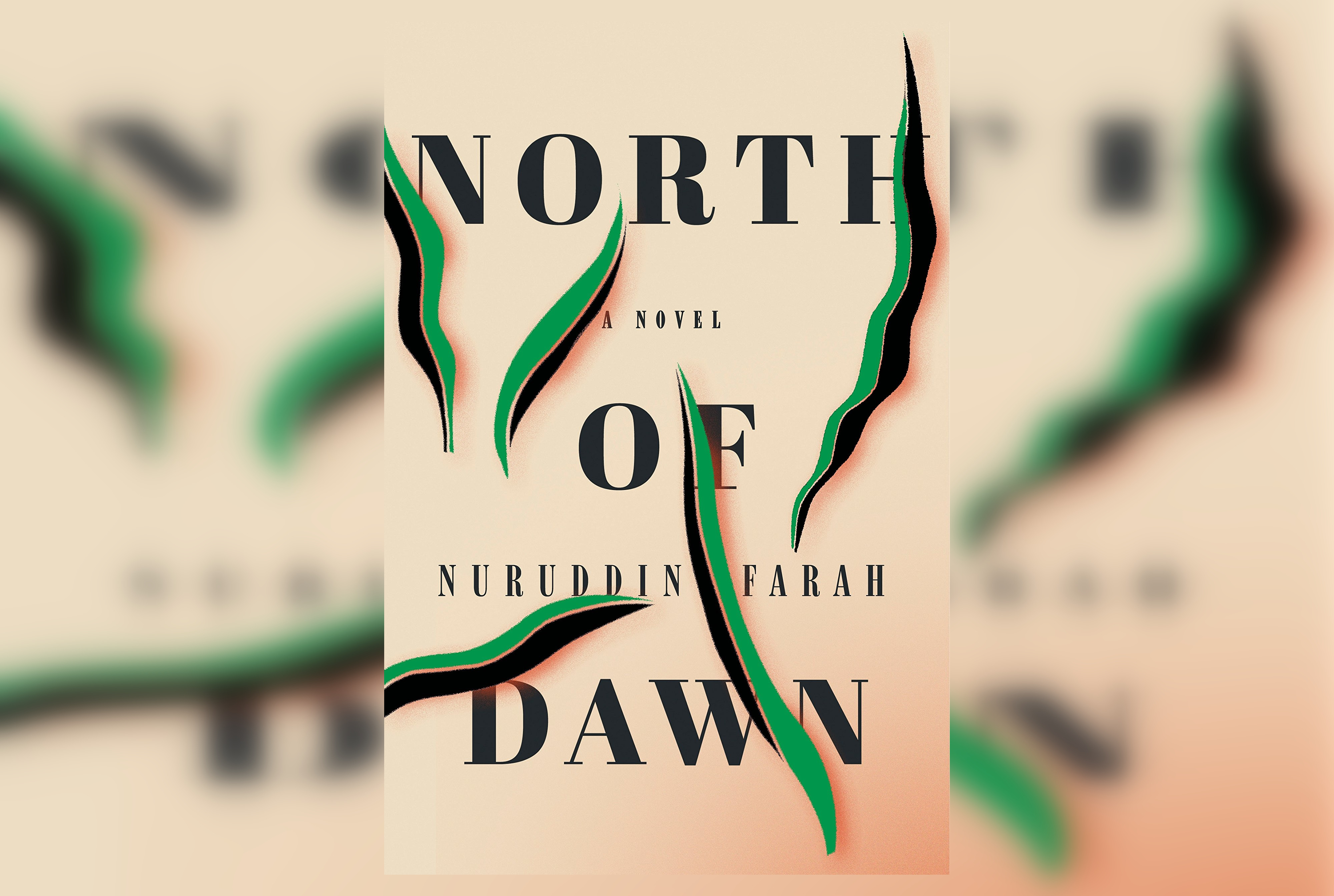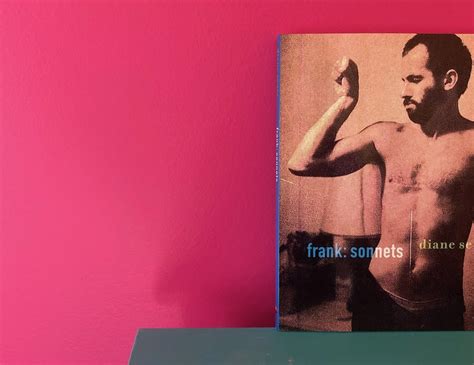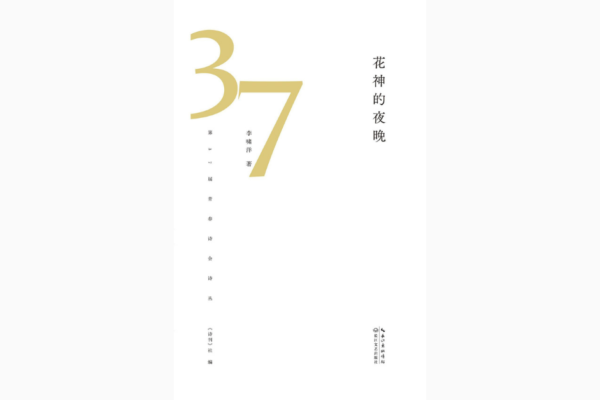Sally Wen Mao’s stunning second collection, Oculus, focuses not just on sight but on the politics of seeing—its intimacies, failures, elusions, evasions. Oculus in Latin means eye, but it is also a circular opening in the center of a dome or wall. In French, this translates to œil de boeuf, or bull’s eye.
This triad of meaning is one that is explored in Oculus, its tensions fleshed out in searing detail. How does the eye as an organ process our lived experience? How does seeing connect us to the outside world or frame or limit our perceptions of it, like a window? How does seeing make a target out of its beholder or beheld?
For Mao, these questions are firmly anchored in the digital age: one of screens, cyborgs, and electronics, but which also harkens back to the silent era of cinema and its stars like Toisonese Chinese American Hollywood actress, Anna May Wong, who was visible onscreen and not yet visible in her complexities as an Asian American woman of color.
Many of the poems in this collection surround life, representation, suicide, and their mediations, such as the namesake poem in the first section of the book, “Oculus.” This poem is based on a 19-year-old girl in Shanghai who posted her suicide to Instagram in 2014. Mao writes:
How the dead girl fell, awaiting a hand to hold,
eyes to behold her as the lights clicked on
and she posed for her picture, long eyelashes
all wet, legs tapered, bright as thorns.
Seeing without intimacy moves into the voyeuristic and violent, a missed connection that could be devastating. What happens when image is ubiquitous but connection absent?
A series of poems on Anna May Wong which anchors the book imagines the actress has a time machine and travels through representations of Asian Americans and women onscreen. This mix of play with a thoughtful interrogation of representation is characteristic of Mao’s voice: neon and imaginative language anchored in historical and cultural questions of representation, othering, inclusion and exclusion.
In one poem titled “Anna May Wong Blows Out Sixteen Candles,” based on the 1984 John Hughes film, Sixteen Candles, Mao comments on the pigeonholing of Asian American actresses:
If I didn’t pour
someone’s tea, then I was someone’s wife. Every brother,
father, or husband of mine was nefarious. They held me
at knifepoint, my neck in a chokehold. If they didn’t murder
me, I died of an opium overdose.
Mao offers fresh roles in response:
Cast me as a pothead,
an heiress, a gymnast, a queen. Cast me as a castaway in a city
without shores
Mao is doing the necessary work of interrogating the two-dimensionality of screens, its tendency to flatten the representation of those who, in real life, are already flattened in society: minorities and women.
Mao questions race as spectacle and oddity in a white world. People, like screens, can be projected upon and made to be a show simply by their difference.
For example, one of my favorite poems of this collection, “The Diary of Afong Moy,” explores the biography of Afong Moy. In 1834, Moy was the first Chinese woman to travel to the United States. At the age of 19, she was exhibited to white audiences to sell Chinese novelties. She was later said to worked for circus master P.T. Barnum, in an act of nauseating othering reminiscent of Sarah Baartman and her exhibition as the Hottentot Venus.
In “The Barnum Years, 1844—?” section of “The Diary of Afong Moy,” Mao writes:
The show must go on. And on and on,
replaced by another show, and that’s the trouble
with artifice. It never ends. Mr. Phineas T. Barnum
loved his freaks, a prophet for profits, from ersatz
mermaid to Giantess to Joice Heth, her frail immortality.
The spectacle of Moy as an Asian woman displayed to a white audience is dissected as capitalistic performance, lies of dehumanization and difference which are exploited to make a quick buck.
Mao is clever in connecting this spectacle to the digital age, and the ways that constant access to the sight of someone can lead to an absence, rather than a presence – a ghostly emptiness.
The book’s cover is one that has lingered with me: an image of Mao holding white lilies while talking a selfie. The black rectangle of the camera almost totally obscures her face, just the outer rims of flesh and brown hair visible. Does this act of capturing include a violence to the human? Does the camera replace, magnify or annihilate the capacities of the eye? These lovely questions are the Pandora’s boxes Mao’s Oculus has ambitiously opened and exploring them with Mao’s intelligent guidance is a gift itself.
photo credit: Graywolf Press



